 For years, it was unclear how the networking site Facebook makes profit. The amount of daily traffic a site generates weighs heavily in deciding the monetary worth of a web site, but invariably, there comes a time when actual revenue starts counting and mere ‘hits’ are no longer sufficient. How does Facebook earn its money?
For years, it was unclear how the networking site Facebook makes profit. The amount of daily traffic a site generates weighs heavily in deciding the monetary worth of a web site, but invariably, there comes a time when actual revenue starts counting and mere ‘hits’ are no longer sufficient. How does Facebook earn its money?
Advertisements that visitors can click on Facebook won’t do the trick: their range is far too generic. You’re never presented with ads that bear a connection to the topics you write about. Their selection is based on your gender, your age and your relationship status. Thus, I am bombarded with ads about remedies for menopausal complaints (which I neither have nor care about), and my male friends are mostly offered dating sites (which they distrust). So Facebook won’t get rich off of that. Selling profiles or search-strategies, like Google does, is also not applicable.
Nonetheless, Facebook is making it big. Last month it became clear exactly how.
Facebook offers all sorts of extra applications, many of them games and quizzes. The most popular ones are Mafia Wars and Farmville: tens of millions of people are so into them that they log in every few hours to harvest their strawberries or to ensure that the gangster war they’re involved in, is decided in their favor.
When you sign up for such a game, you’ll get a free starter kit. Your co-playing Facebook friends can show you the lay of the land and supply you with extra weapons, ammo or seeds and help you to become a better gangster or farmer. Soon, the starter level will no longer suffice. You can only progress in two ways: either by playing the game more intensively, or by spending money on it. Of course, no one wants to resort to using their credit cards or their Paypal account: spending time on a game is ok, spending money isn’t. No problem: you can earn virtual money and use that for your game. Win points by taking an IQ-test, order a funny ringtone, get a trial issue of a magazine, download that hilarious video to your cell phone. All you have to do is text code so-and-so to such-and-such number. Click. Hooray! One level up.
Except – without realizing it – you’ve stepped into a trap. Suddenly you’ve got an annual subscription because you never sent back that trial issue, it turns out you’ve dialed an expensive pay-per-minute line or it turns out by sending that text message you’ve authorized a charge to your credit card. People have reported to have been conned for hundreds of Euros. And Facebook gets a percentage of those ‘sales’.
The deceit lasted for months. Proper companies advertising on Facebook slowly understood the method and withdrew, so that – in the words of the man who first published about the scam [1] [2] – the more honest companies gradually disappeared and only the scum remains: companies who truly couldn’t care less that they make their money through deceit. The longer the con lasted, the more ingenious the tricks and ruses became.
You’re a fool if you allow yourself to be bamboozled, you say? Perhaps. But blaming the victim doesn’t absolve the companies that conduct the scam of their responsibility. Should a scammer be forgiven merely because his victim wasn’t sufficiently distrustful? Besides that, the approach is a tad too familiar: give people their first few of fixes for free and wait until they’re hooked: only then you’ll show them the price tag that you’ve kept hidden all the time.
Karin Spaink, Het Parool (Dutch newspaper), November 24, 2009
Translation: Dirk van Sloten
 Van een kennis kreeg ik vanavond een bedelbrief van
Van een kennis kreeg ik vanavond een bedelbrief van  Mijn goede vriendin Dolly Bellefleur – we zijn buren, we komen elkaar overal tegen, we delen lief & leed, we flirten altijd, we hebben samen een van haar meesterwerken geschreven en we hebben zelfs ooit op het punt van
Mijn goede vriendin Dolly Bellefleur – we zijn buren, we komen elkaar overal tegen, we delen lief & leed, we flirten altijd, we hebben samen een van haar meesterwerken geschreven en we hebben zelfs ooit op het punt van  Twee weken geleden was ik in Istanbul met mijn ouders. Door de stad struinend – wat is die trouwens immens groot – kwam ik langs een winkeltje waar tijdschriften, prullaria en ansichtkaarten werden verkocht en ik was meteen om. In plaats van de standaardplaatjes van het Topkapi, de Aya Sofia of de Blauwe Moskee heb ik uitsluitend kaarten van zwoele Turkse mannen verstuurd.
Twee weken geleden was ik in Istanbul met mijn ouders. Door de stad struinend – wat is die trouwens immens groot – kwam ik langs een winkeltje waar tijdschriften, prullaria en ansichtkaarten werden verkocht en ik was meteen om. In plaats van de standaardplaatjes van het Topkapi, de Aya Sofia of de Blauwe Moskee heb ik uitsluitend kaarten van zwoele Turkse mannen verstuurd. Gistermiddag ging ik naar de dierenarts om hem een bos bloemen te geven, als dank voor zijn goede zorgen voor Tweety: hij was bijzonder lief geweest. Ik parkeerde op het pleintje voor de praktijk. Terwijl ik bezig was met uitstappen, voorzichtig manoeuvrerend met het boeket, en tussendoor mijn neus moest snuiten, hoorde ik flarden van een gesprek dat een paar meter verderop werd gevoerd.
Gistermiddag ging ik naar de dierenarts om hem een bos bloemen te geven, als dank voor zijn goede zorgen voor Tweety: hij was bijzonder lief geweest. Ik parkeerde op het pleintje voor de praktijk. Terwijl ik bezig was met uitstappen, voorzichtig manoeuvrerend met het boeket, en tussendoor mijn neus moest snuiten, hoorde ik flarden van een gesprek dat een paar meter verderop werd gevoerd.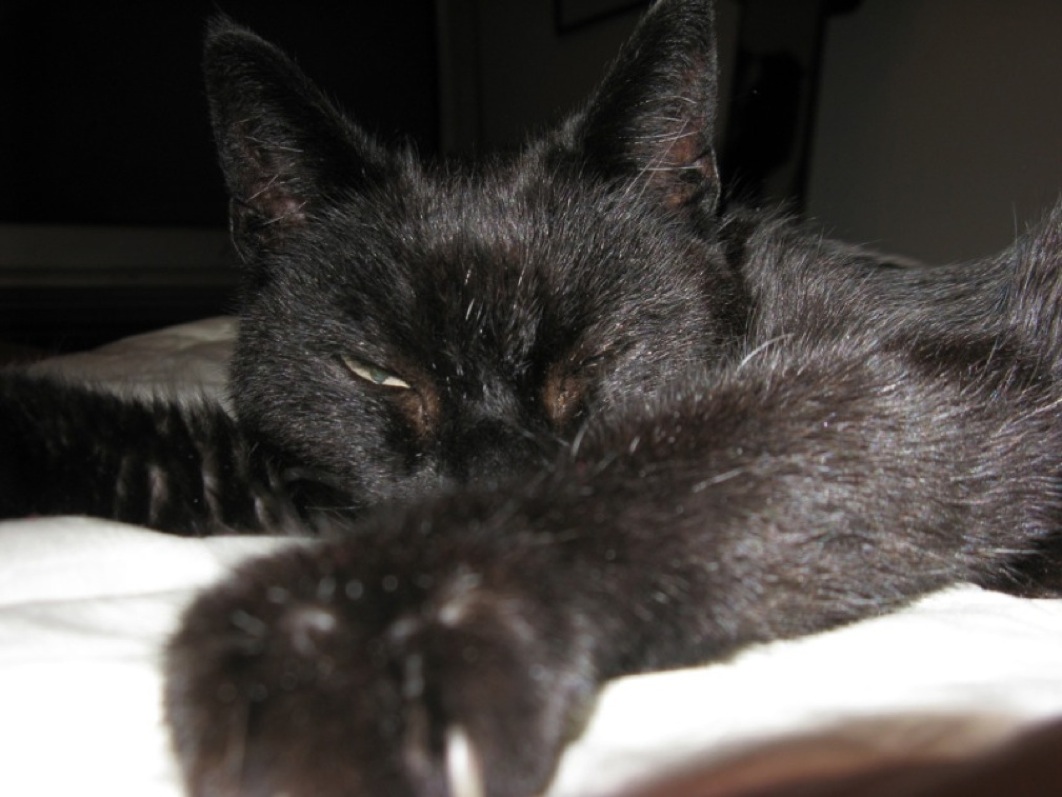
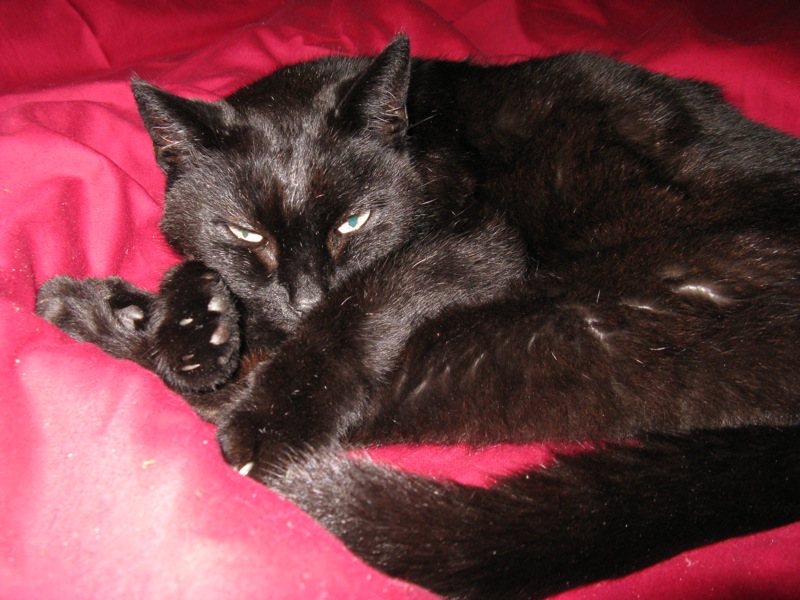
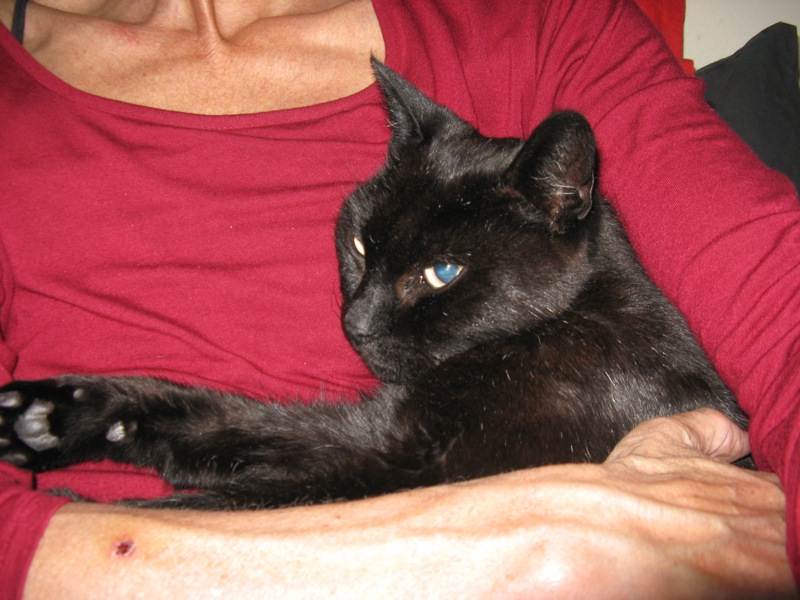
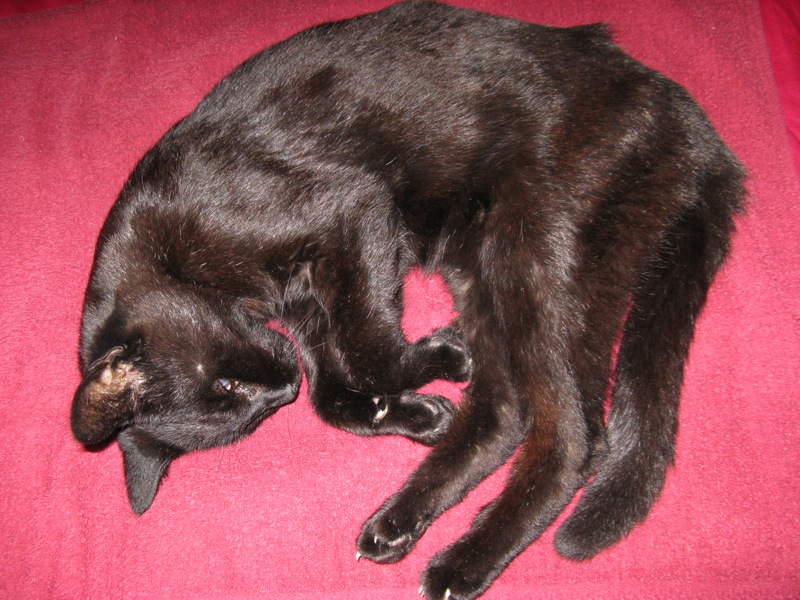
 De website is zojuist verhuisd. Gisteravond en vannacht waren er daardoor wat oprispingen, maar alles is zo te zien vlekkeloos overgezet. Eén forumbericht heb ik met de hand geïmporteerd, dat werd juist gepost tijdens de overgang toen er eventjes twee sites naast elkaar draaiden.
De website is zojuist verhuisd. Gisteravond en vannacht waren er daardoor wat oprispingen, maar alles is zo te zien vlekkeloos overgezet. Eén forumbericht heb ik met de hand geïmporteerd, dat werd juist gepost tijdens de overgang toen er eventjes twee sites naast elkaar draaiden. Voor het eerst in weken gingen Moz en ik weer naar de sneak (ik mis hem erg sinds zijn doordeweekse verhuizing naar een ver noordelijk eiland – en niet alleen omdat hij mijn filmmaatje is). Vanavond draaiden ze
Voor het eerst in weken gingen Moz en ik weer naar de sneak (ik mis hem erg sinds zijn doordeweekse verhuizing naar een ver noordelijk eiland – en niet alleen omdat hij mijn filmmaatje is). Vanavond draaiden ze  Vanavond was er voor het eerst sinds lange tijd weer een bedrijfsfeestje van XS4all. Er waren veel mensen, veel oud-werknemers ook: heerljk. Met veel mensen gepraat en met veel te weinig mensen gepraat. Het was een goed feest.
Vanavond was er voor het eerst sinds lange tijd weer een bedrijfsfeestje van XS4all. Er waren veel mensen, veel oud-werknemers ook: heerljk. Met veel mensen gepraat en met veel te weinig mensen gepraat. Het was een goed feest.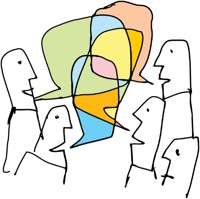 De discussie over zelfmoord die
De discussie over zelfmoord die